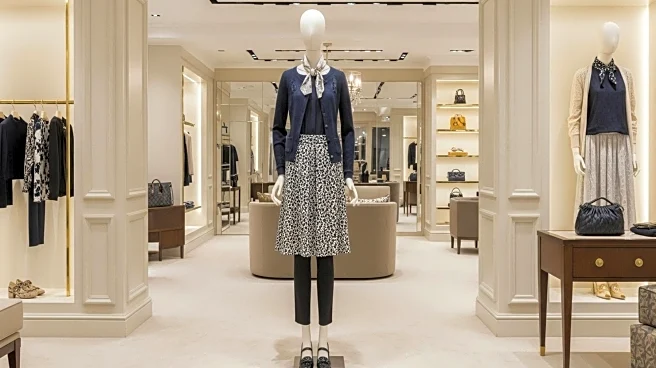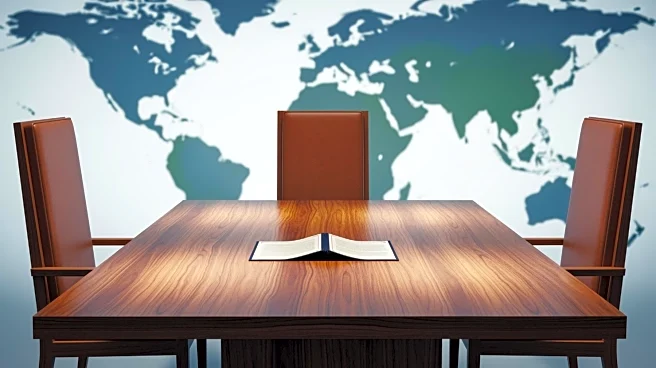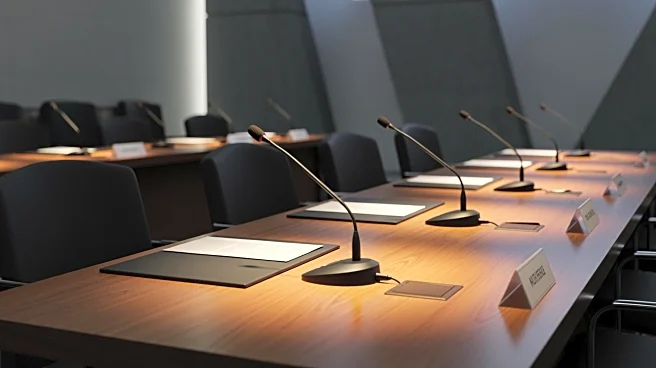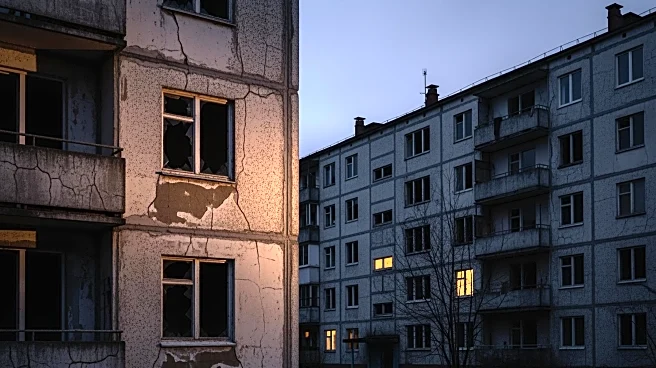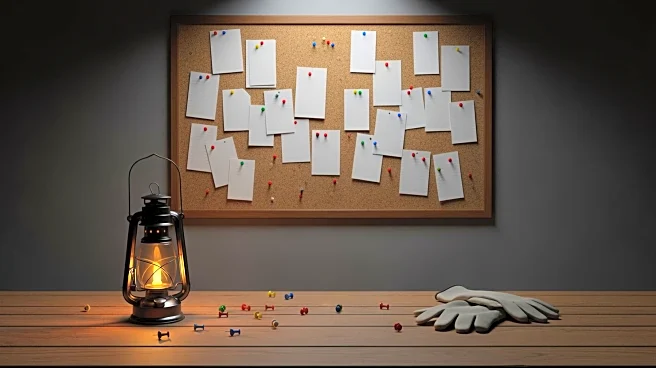What's Happening?
The French fashion brand IKKS has entered administration, putting over 1,000 jobs at risk. The Paris Commercial Court initiated an observation period until April 2026, affecting the brand's operations in France. IKKS, known for its premium ready-to-wear clothing, has faced financial difficulties due to external factors such as the COVID-19 pandemic, the war in Ukraine, and persistent inflation. The company had previously implemented a job protection plan, cutting 202 jobs and closing 77 stores. Despite efforts to return to profitability, including a 30 million euro cash injection, IKKS joins a list of struggling French fashion companies impacted by rising costs and competition from second-hand and ultra-fast fashion.
Why It's Important?
The administration of IKKS highlights the ongoing challenges faced by the fashion industry, particularly in France. The potential loss of over 1,000 jobs underscores the economic impact on employees and communities reliant on the brand. The situation reflects broader industry trends, including the shift towards sustainable and second-hand fashion, which poses competition to traditional retailers. The financial struggles of IKKS and similar companies may prompt discussions on industry adaptation and resilience in the face of global crises. The brand's fate could influence investor confidence and future business strategies within the sector.
What's Next?
The observation period initiated by the Paris Commercial Court will determine the future of IKKS, with potential restructuring or liquidation outcomes. Stakeholders, including employees and investors, will closely monitor developments, seeking clarity on job security and financial recovery. The fashion industry may witness further consolidation or innovation as companies adapt to changing consumer preferences and economic conditions. The situation could prompt policy discussions on supporting struggling industries and addressing the impacts of global crises on business operations.
Beyond the Headlines
The challenges faced by IKKS reflect broader economic and cultural shifts within the fashion industry. The rise of sustainable and second-hand fashion indicates changing consumer values and priorities, emphasizing environmental and ethical considerations. The financial difficulties experienced by traditional retailers highlight the need for innovation and adaptation to remain competitive. The situation also raises questions about the role of government and industry leaders in supporting businesses during economic downturns and fostering resilience.
